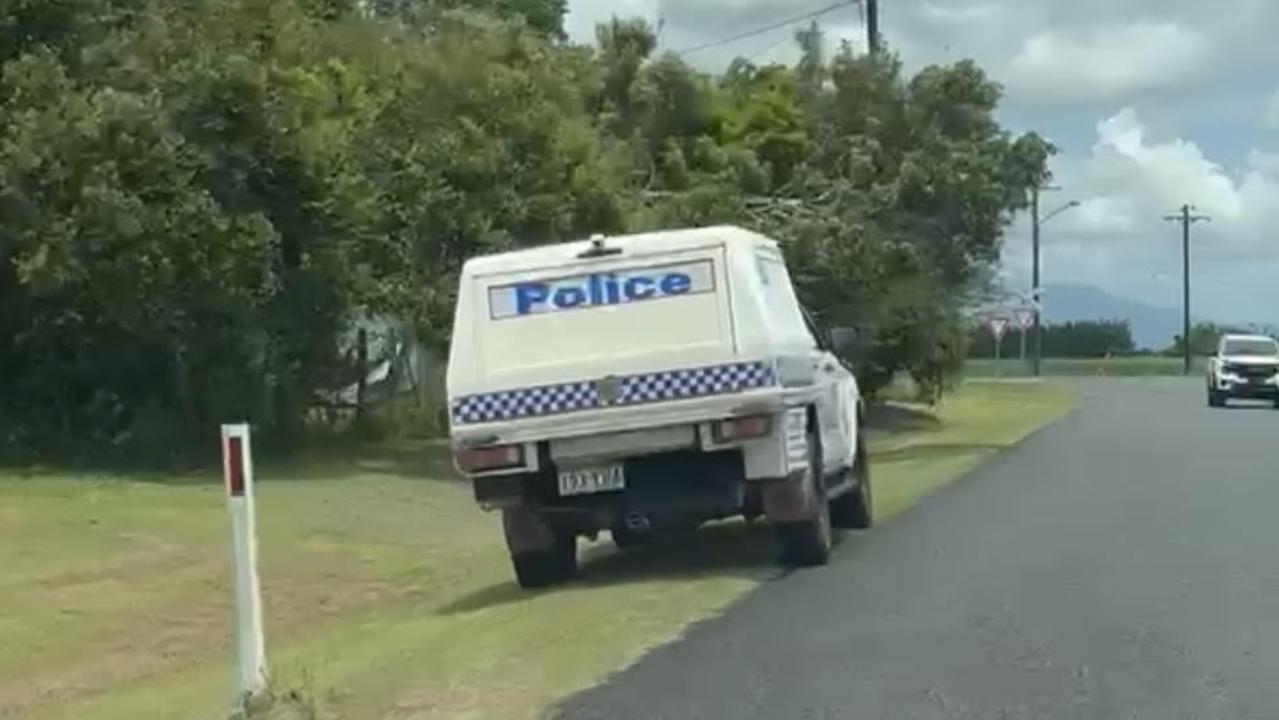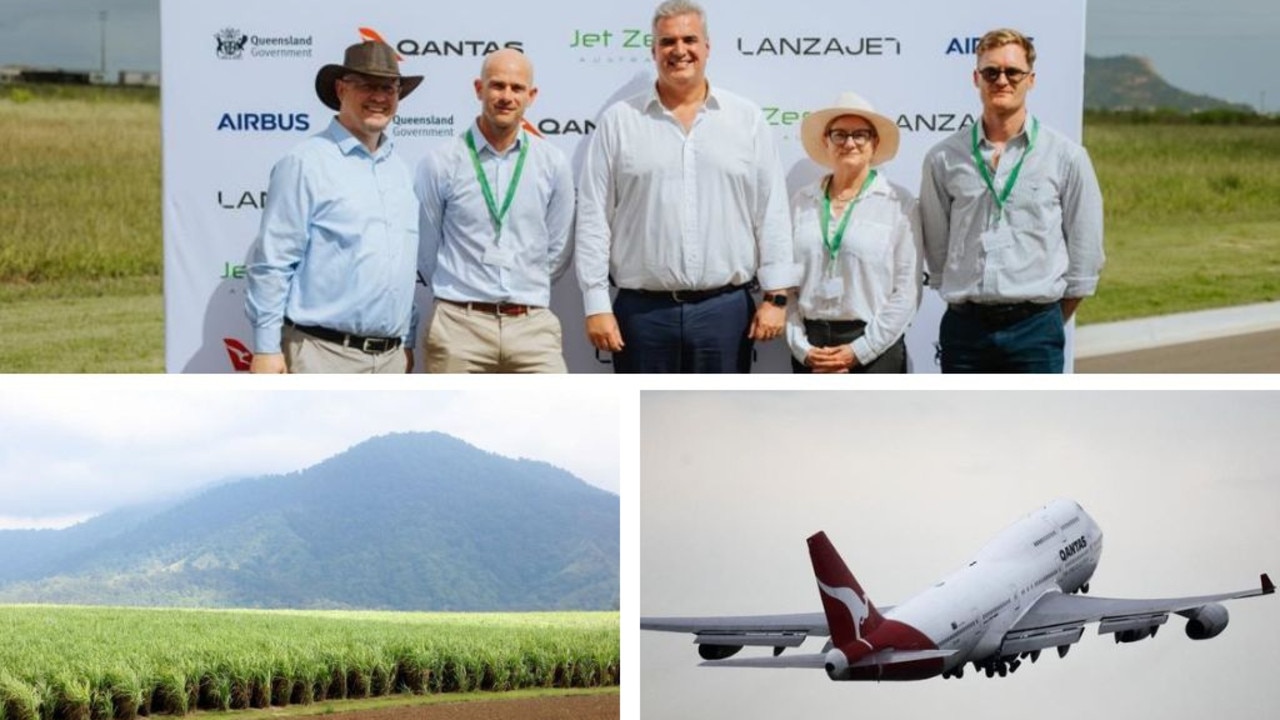Why Townsville has to adapt and change its relationship with water usage
The Townsville City Council has introduced medium-level water restrictions. Here’s what it means for the city.
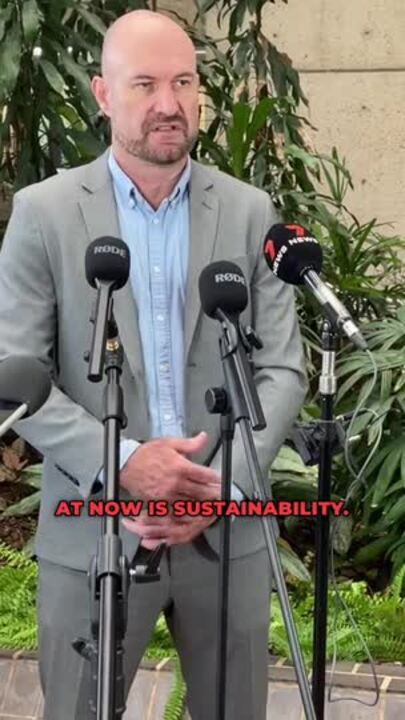
News
Don't miss out on the headlines from News. Followed categories will be added to My News.
Blue-green algae has spiked by 250 per cent in the past six months in the city’s drinking water supply and is likely to increase further in the summer heat, which is putting a strain on the Douglas Water Treatment Plant.
The Townsville City Council is urging the city to tighten its water usage from this week by about a third to alleviate the cost and pressure on water treatment.
Townsville residents are each using about 600 litres a day, which amounts to four full bathtubs, and the Townsville City Council’s operations team is hoping to reduce that by about a third.
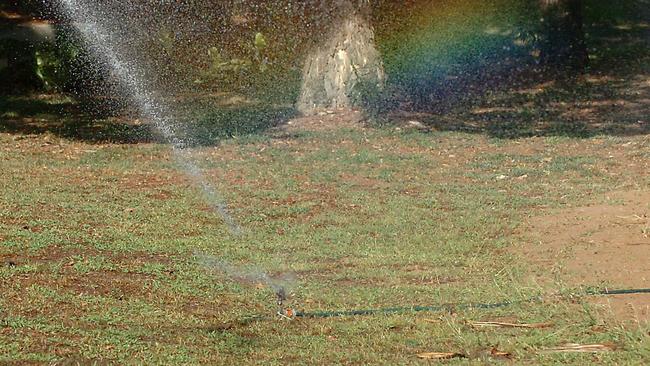
Council’s General Manager of Water Services, Travis Richards said the community had to ignore the negative ‘Brownsville’ label given by other cities and shift its thinking as its economy and population grew.
“So the term we need to look at now is sustainability, the city’s growing, the population’s growing, the development is growing,” Mr Richards said, when asked if water reductions would affect the city’s greenery and liveability.
“Therefore we don’t have an infinite source of water, we’ve got to start to switch our thinking away from the Brownsville comment to more water sustainability and security going forward.
“And that’s what we’re asking people to consider.
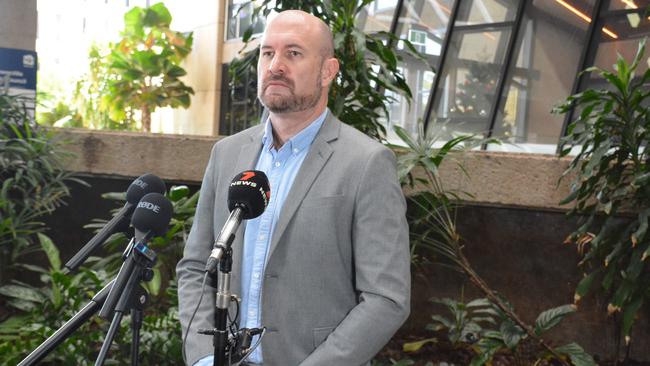
“We don’t want to tell you how to use water around your home, your property.
“We’re simply asking for you to think about how you can conserve every drop you save can help us as a community.”
The dam’s algae levels did not drop away in the winter months as they normally tended to do, and that the spike was expected to increase further in the heat.
This would put a strain on the cost and capacity at the Douglas Water Treatment Plant, and so reduced water usage would help alleviate that pressure.
The would also be reducing its water usage, such as by adjusting its irrigation system network which would save 3.5ML a day.
Mr Richards said blue-green algae spikes increased the cost of water treatment as well.
“Not only does it take longer to treat water when levels are this high, but that strenuous treatment process dramatically increases the cost of treating water, so by cutting down on the amount each person is using we can focus on spending that money elsewhere,” Mr Richards said.
Councillor Ann-Maree Greaney hoped people could cut down on their watering, or take shorter showers, although did not want to be telling residents how they should be using their water.
She said the increased build-up of blue-green algae in the nutrient rich Ross River Dam was slowing the treatment process at the Douglas Water Treatment Plant, but that the water remained safe and met drinking water standards.
“Townsville currently uses around 175 megalitres (ML) a day,” she said.
“When some of our neighbouring cities are using less than half that amount per person in similar climates, it’s important as a community we look at how we can create a more sustainable water future for our region.
“By implementing these medium level water restrictions it’s hoped we can get that figure down to around 135 megalitres a day, or around 400 litres each per person, which is still plenty to cover your daily needs.”
Medium level water restrictions include:
Sprinklers can only be used between 5am to 7am and 6pm to 8pm, odds and evens system still applies.
Evens: Tuesday and Saturday
Odds: Wednesday and Sunday
Handheld watering can happen at any time.
When washing vehicles and boats, please use buckets or visit a water efficient car wash.
Pressure wash only if you are cleaning hard surfaces other than for safety issues.
Commercial nurseries and market gardens – no watering between 9am and 4pm. When watering outside of this, use water efficient sprinklers only, a handheld trigger or twist nozzle, irrigation system or watering can or bucket.
More Coverage
Originally published as Why Townsville has to adapt and change its relationship with water usage




